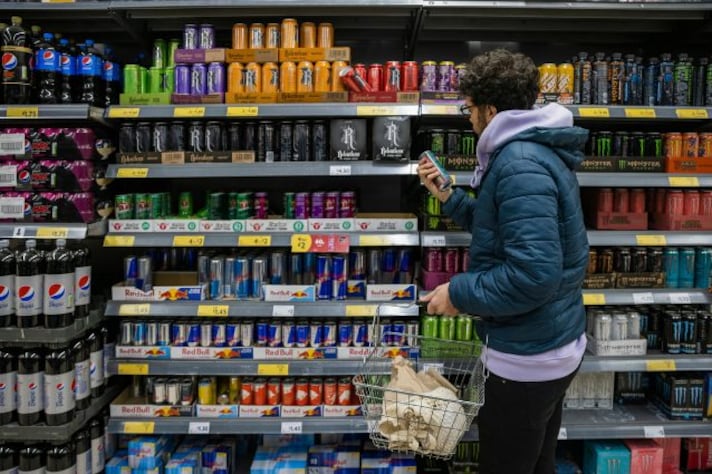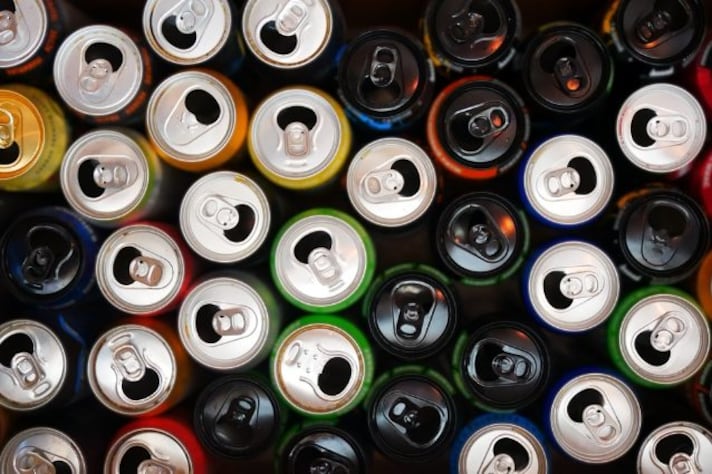
Energy drinks are everywhere—promising instant stamina, sharper focus, and the ability to tackle whatever life throws at you. Their bright cans and clever marketing might make them seem like a magic elixir, but these beverages come with a dark side that’s hard to ignore. While they might offer a quick buzz, the long-term effects can leave you more drained than energized. Here’s why you might want to reconsider reaching for that can of “liquid adrenaline.”
1. The Caffeine Rollercoaster
Energy drinks are caffeinated chaos in a can, delivering doses so high they could make coffee blush. Sure, the initial jolt might feel amazing, but it often leads to the dreaded crash—leaving you groggy, irritable, and craving yet another can. Over time, these highs and lows can wreak havoc on your energy levels, making you feel more like a yo-yo than a go-getter.
2. Sugar Overload
Energy drinks are loaded with sugar—often more than a soda. While sugar gives you a quick burst of energy, it’s fleeting and often followed by a sluggish slump. Worse yet, regular consumption of these sugar bombs can contribute to weight gain, dental nightmares, and even increase your risk of long-term health issues like diabetes. The only thing "energizing" about that sugar is its effect on your dentist's schedule.

3. Heart-Stopping Realities
Energy drinks have been linked to heart palpitations, increased blood pressure, and other cardiovascular woes. They might not land you in the ER right away, but their impact on your heart health over time is no joke. Chugging these drinks regularly is like playing a high-stakes game of blackjack with your ticker—except the house always wins.
4. Sleep Sabotage
The same caffeine that keeps you wide-eyed in the afternoon can leave you staring at your ceiling at 2 a.m. Energy drinks can disrupt your sleep cycle, making it harder for you to get the rest you need to function the next day. Over time, poor sleep can lead to a host of problems—low productivity, mood swings, and even weight gain. Instead of giving you energy, they might just be robbing you of it.

5. Dependency Isn’t a Buzzword You Want
What starts as a casual energy boost can quickly turn into a habit. The more you drink, the more your body gets used to them, and soon you might find yourself unable to get through the day without one—or three. This dependency can strain your wallet, your health, and your sense of control. Do you really want your energy to come with strings attached?
;Resize,width=767;)
